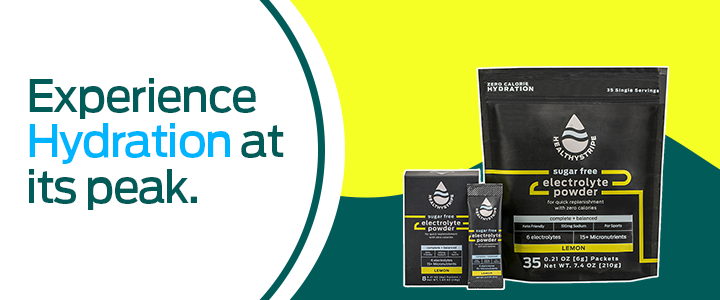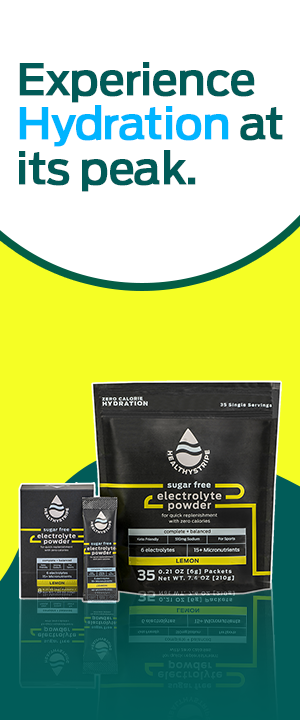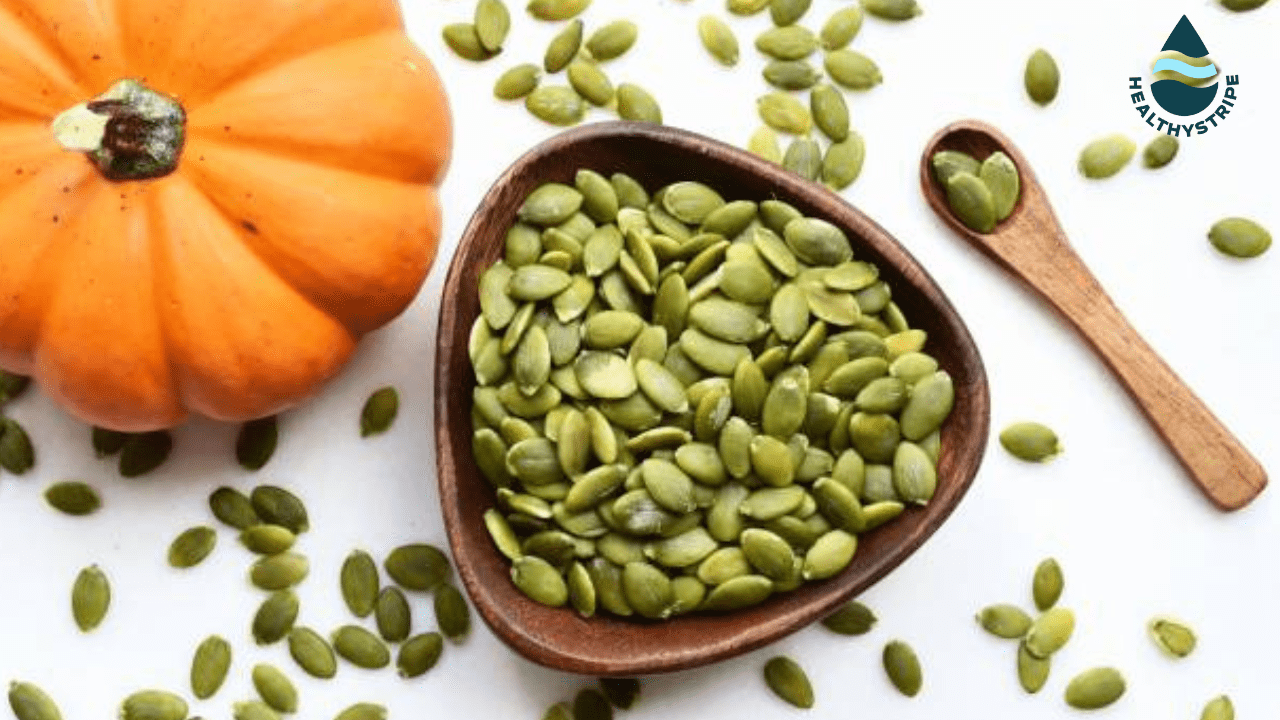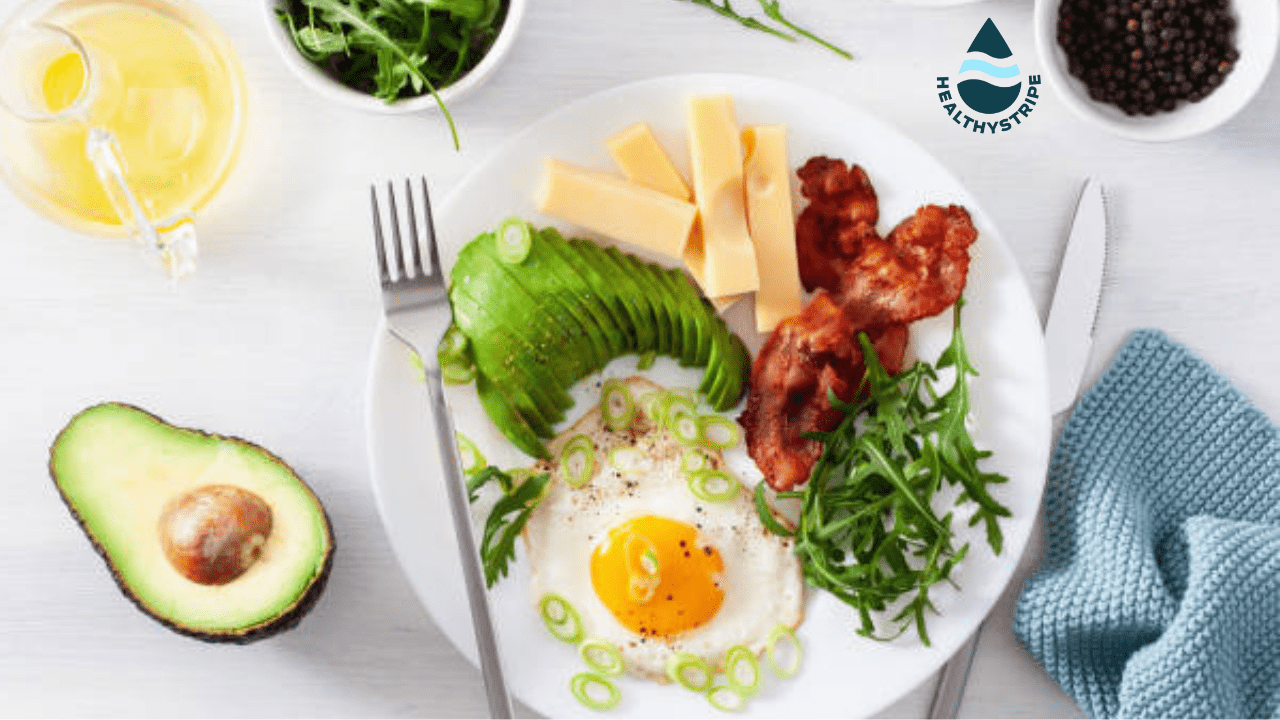Post Workout Nutrition: A Complete Guide
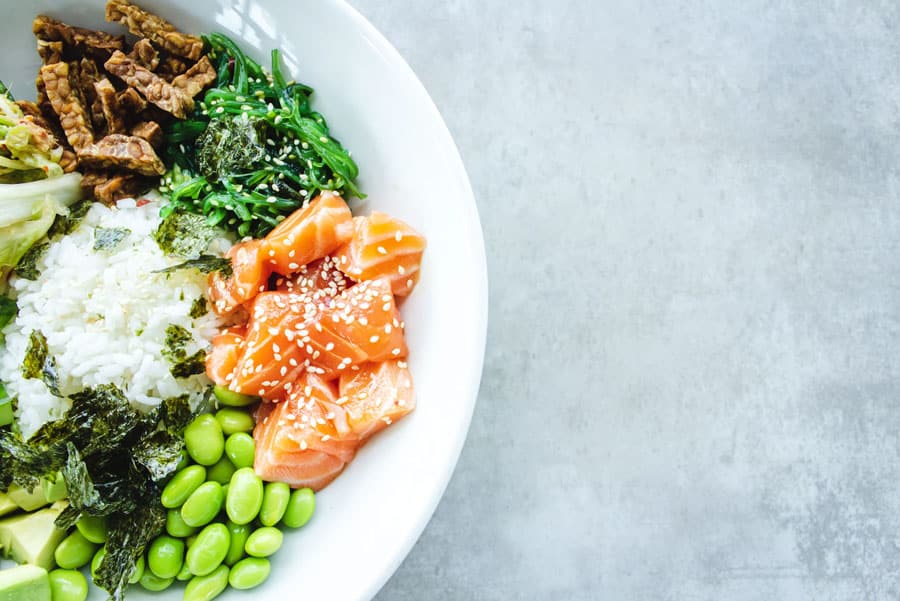
Heading for an intense, brutal workout session? You definitely gonna need a lot of catching up to do after, majorly replenishing your lost fluid and electrolytes and cover-up for all the lost glycogen stores.
As part of a workout plan, both pre and post-workout nutrition plays key roles. But most of us cater majorly to the needs for a pre-workout meal. Most of our efforts go in that direction.
However, post-workout nutrition is as crucial as a pre-workout nutrition plan. After your workout, your body is devoid of important electrolytes like sodium, potassium, calcium, magnesium, bicarbonates, etc., and obviously, water.
Along with that, the used up protein and glycogen stores during a workout also needs to be restored to –
- Build up muscle protein
- Recovery
- Restore glycogen stores
So, as far as the right workout plan is concerned, you should also be well acquainted with your post-workout nutrition.
Post Workout Routines For Better Results
- Hydration
This is pretty much the most important aspect of before, during and after workout plans. With over 60% of our body as water, dehydration is probably the worst thing that can happen.
In one hour of exercise, the body can lose more than a quart of water, depending on exercise intensity and air temperature. So, post-workout, it is very essential to replenish your stores as soon as you can.
Adequate hydration improves recovery time and maintains the electrolyte balance in the body, devoid of which the person can feel symptoms like-
- muscle cramps
- Fatigue
- Nausea
- mental confusion
- Headaches
- Dizziness
- Muscle weakness
Water also prevents the breakdown of muscle proteins and enhances nutrient absorption efficiency. It also plays a key role in lubricating joints and tissues so that they remain elastic.
However, a post-workout hydration regime should not only rely on water. Natural electrolyte drinks, energy drinks, and sports drinks are also good rehydration substitutes containing all the essential electrolytes.
- Post-workout stretching
Recovery should begin even before you stop your activity. As soon as you pick yourself up off the floor, you should not suddenly go into a resting state.
Instead, your first thought should be to keep moving at a gentle pace. This way, your fast heart rate will come back to normal.
The idea is not to keep exercising even after the stipulated time limit but your goal should be to cool down. A good way to practice it out is through stretching.
Cooling down and stretching immediately after a workout is optimal as your muscles are warm and pliable, making them easier to stretch and reach new levels of flexibility.
It also reduces muscle soreness, muscular pain, swelling, and stiffness. Post-workout low-intensity exercise can also cut down on muscle damage and residual fatigue.
Stretching increases body heat and blood flow, which helps to provide your muscles with nutrients that can reduce soreness.
- Sleep early
As much as we consider sleep as one of the most important daily activities, it also holds great importance in your post-workout routine.
Think of sleep as your body’s ultimate recovery. While sleeping, your body undergoes protein synthesis which strengthens your muscles and balances your hormone levels.
Make sure you get a proper 7-8 hours of everyday sleep and if not, cover it up with proper 15-20 minutes mid-day naps.
We are not encouraging oversleeping here. Instead, your focus should be on quality sleep. If you are restless, fatigued, and experience headaches, try to bring in certain changes in your lifestyle or consult your doctor.
- Watch for your Vitamin D levels
Vitamin D, as we all are aware, is one of the key vitamins required by the body in order to strengthen bones and increase muscle protein synthesis.
Low levels of Vitamin D in the body can impede exercise recovery, according to a 2015 comprehensive Journal of the International Society of Sports Nutrition review.
Thus, it is important to get your Vitamin D levels checked up regularly to ensure the levels are where they should be, especially after your workout sessions.
- Limit your alcohol intake
Excessive intake of alcoholic drinks, especially immediately after high-intensity workouts hamper the body’s ability to recover properly.
Alcohol also suppresses muscle protein synthesis, no matter whether you consume it after having a dietary protein or going down on a diet soda. Alcohol will adversely affect your muscles.
If you are a regular drinker, start cutting down your booze intake. In general, 1-2 pegs for men are the approved standards for alcohol, more than which can lead to many health complications.
What To Eat Post Workout?
Each macronutrient – protein, carbs, and fat, is involved in your body’s post-workout recovery process.
The right mix of all these nutrients makes up a balanced post-recovery meal plan with optimum nutrition.
That’s why it’s important to have the right mix of all the important nutrients in your meal plan. Here are some easy to eat and digested foods that can fulfill your macronutrient requirements quickly-
Foods rich in Carbohydrates
- Milk and milk products
- Quinoa
- Rice
- Potatoes
- Pasta
- Whole-grain breads
- Fruits like pineapple, banana, kiwi, etc.
Foods rich in protein
- Animal or plant-based protein powders
- Eggs
- Pulses and legumes
- Soybean
- Chicken
- Protein bar
- Protein smoothies
- Lean meats
- Fish
Foods rich in healthy fats
- Milk and milk products
- Nuts
- Avocados
- Dried fruits
- Nuts Butter
- Chicken
While you plan out your meals post-workout, it is crucial to take care of the timings of your post-workout meals.
Your body’s ability to rebuild glycogen and protein is enhanced after you exercise. So, a combination of protein and carbs is suggested to be consumed as soon as possible after your workout.
According to PubMed Central, in the past, experts recommended eating your post-workout meal within 45 minutes, as a delay of carb consumption by as little as 2 hours after a workout may lead to as much as 50% lower rates of glycogen synthesis
However, more recent research has found that the post-exercise meals need to be consumed right after a workout to maximize the muscular response with response to eating protein goes up to as many as several hours.
Here, consuming your post-workout meal just after your workout is NOT encouraged. Instead, it is best to continue to eat small, well-balanced meals of carbs and protein every 3–4 hours.
Drinks Recommended Post Workout To Recover Body Fluids
- Water
There is nothing better than water to replenish your lost body electrolyte and fluids. Every cell of our body requires water to function properly.
With easy access and affordability, water tops the list of best post-workout drinks.
- Coconut-water
Coconut water is a natural source of electrolytes like potassium, sodium, and magnesium, etc. making it a smart pick to replenish mineral stores.
It also contains natural sugars, which can help restore your energy after a tiring gym sesh. Coconut water is also substantially low in calories.
- Chocolate milk
Chocolate milk is a nutrition powerhouse when it comes to refueling after exercise, bringing along all of those beneficial components for post-workout fuel containing optimum amounts of carbs, proteins, electrolytes, and fluids.
All these can help restore depleted energy sources and give your body the energy it needs to repair and re-energize muscles also fulfilling the need for satiety and taste.
- Electrolyte drinks
Electrolytes are minerals that your body needs to function well, including sodium, chloride, potassium, magnesium, and calcium.
After an intense workout, your body requires quick replenishment of all these electrolytes and fluids to prevent dehydration.
Electrolyte drinks are one of the best picks for your rehydration regime. Sports and energy drinks top the chart here containing all the required varieties to rehydrate most efficiently,
Apart from these drinks, one can also opt for supplements like BCAA, beta-alanine, creatine, caffeine, etc.
Take-away
A balanced workout plan requires an optimum knowledge and incorporation of minerals and nutrients in all the stages- pre, during, and post-workout.
A blend of carbs, protein, and fat along with adequate hydration are the major components of a post-workout plan.




